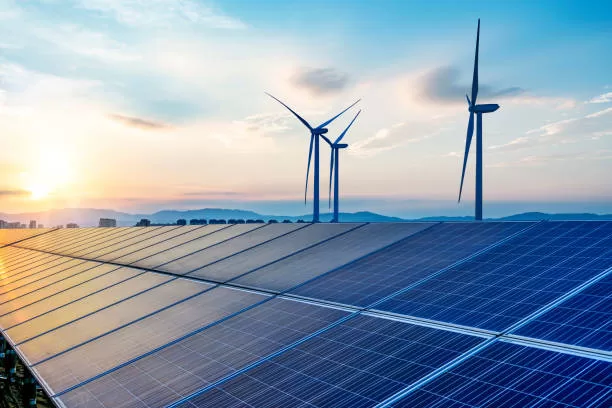According to Reuters, the Pakistani government has included a five-year tax break in its budget plan for companies that manufacture solar and wind energy equipment.
As only about 5 to 6 percent of the power to Pakistan’s national electrical grid currently comes from renewable sources, according to the country’s Alternate Energy Development Board (AEDB), the tax break is anticipated to encourage local manufacturing of equipment needed for the country’s expansion of renewable power.
In contrast, by the end of December 2018, renewable energy made up around 22% of India’s total power capacity.
Pakistan has frequent and protracted power outages.
“An continuous energy crisis that has persisted for many years is costing Pakistan dearly. According to Reuters, Finance Minister Asad Umar stated in his budget address that “the promotion of renewable energy resources like wind and solar has become important at this tough time.
However, no one agrees that the tax cut will be sufficient to promote the expansion of domestic production in the nation’s renewable energy sector.
The government has already eliminated taxes and customs on the import of renewable energy products, and domestic producers cannot compete with the low-priced imported goods, according to Naeem Siddiqui, chairman of Ebox Systems, which assembles solar panels in Islamabad.
In this scenario, Pakistani producers would find it challenging to compete with tax-free, cost-effective imports of solar panels and other renewable energy equipment.
Presently, Pakistan imports more than 95% of its solar panels and other equipment for renewable energy, mostly from China.
According to Aamir Hussain, CEO of Tesla PV, one of the biggest producers of solar energy products in Pakistan, “the local market cannot grow as long as the government will not impose duties on the import of finished products.”
Managing Director of Innosol, a business that imports and installs renewable energy systems, Muhammad Abdur Rahman, stated that “the local industry is facing pricing issues because of low-quality solar energy appliances being imported in the country that are very cheap as compared to the local market.”
By 2030, Pakistan hopes that the new rules would enable a 28 to 30 percent renewable energy share in the country’s electrical system.
Mercom has previously reported on Pakistan’s gradual transition to solar energy to suit its energy needs. The World Bank committed more than $500 million in June 2018 for two renewable energy projects in Pakistan’s Sindh. The initiatives are anticipated to hasten trade between Pakistan and Afghanistan by assisting in the creation of an economic corridor via the Khyber Pass. Since 1950, Pakistan has belonged to the World Bank. The bank claims that it has subsequently given $33.4 billion in aid.





